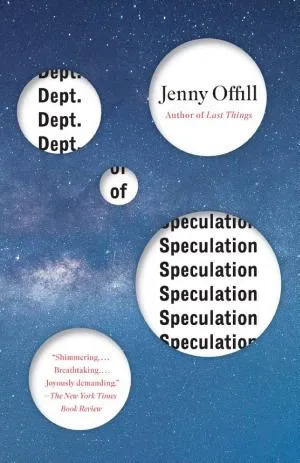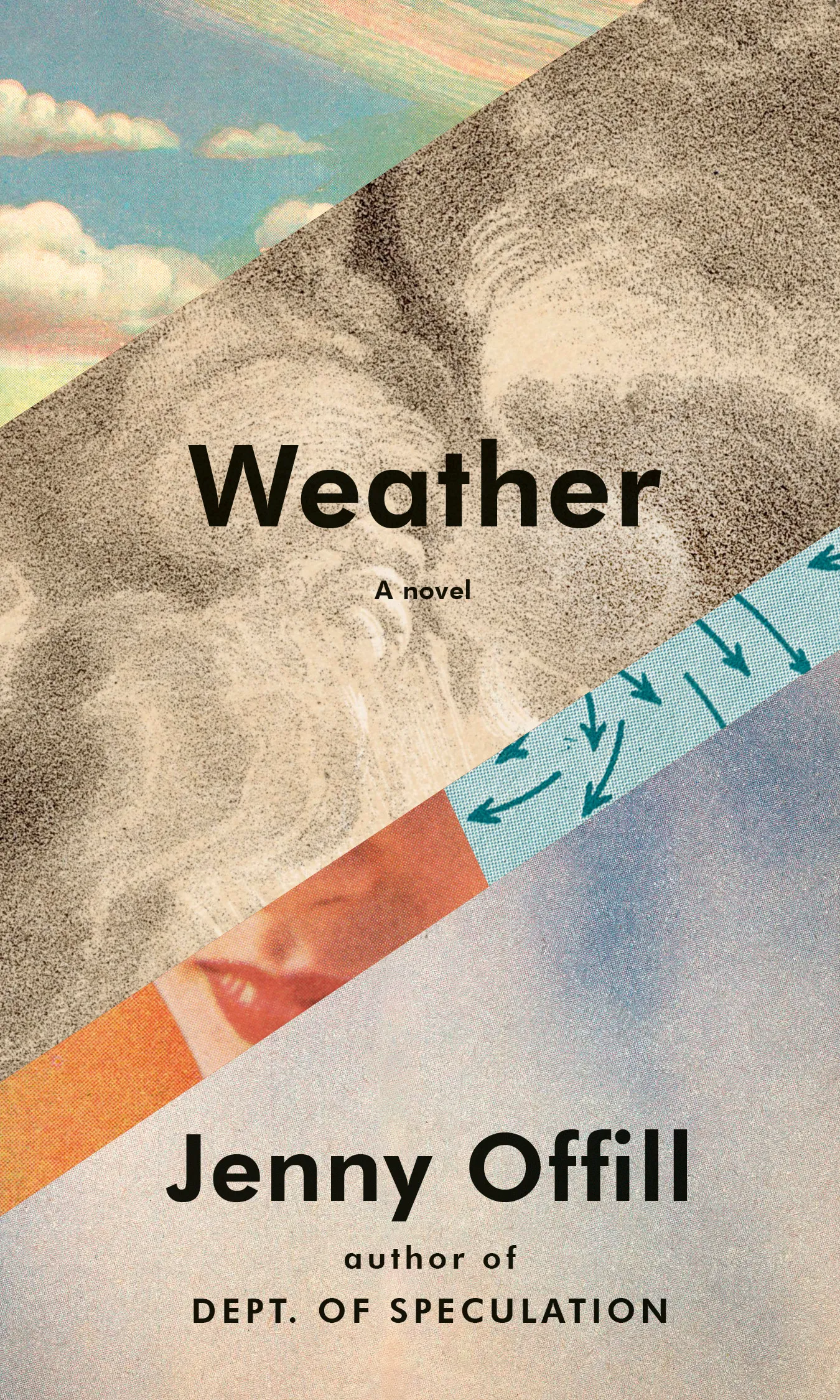
A thought experiment courtesy of the Stoics. If you are tired of everything you possess, imagine that you have lost all these things.
My love for her seemed doomed, hopelessly unrequited. There should be songs for this, I thought, but if there were I didn’t know them.
That was the summer it rained and rained. I remember the sad doggish smell of my sweater and my shoes sloshing crazily. And in every city, the same scene. A boy stepping into the street and opening an umbrella for girl keeping dry in the doorway.
It was still months before we’d tell each other all our stories. And even then some seemed too small to bother with. So why do they come back to me now? Now, when I’m so weary of all of it.
Another night. My old apartment in Brooklyn. It was late, but of course, I couldn’t sleep. Above me, speed freaks merrily disassembling something. Leaves against the window. I felt a sudden chill and pulled the blanket over my head. That’s the way they bring horses out of a fire, I remembered. If they can’t see, they won’t panic. I tried to figure out if I felt calmer with a blanket over my head. No I did not was the answer.
There is a man who travels around the world trying to find places where you can stand still and hear no human sound. It is impossible to feel calm in cities, he believes, because we so rarely hear birdsong there. Our ears evolved to be our warning systems. We are on high alert in places where no birds sing. To live in a city is to be forever flinching.
I gave you my favorite thing from Chinatown, pressed it drunkenly into your hand. We were in my kitchen that first night. BEAUTIFUL GAUZE MASK, the package said.
That year I didn’t travel alone. I’ll meet you there, you said. But it was late when we spotted each other at the train station. You had a ten-dollar haircut. I was fatter than when I’d left. It seemed possible that we’d traveled across the world in error. We tried to reserve judgment.
The baby’s eyes were dark, almost black, and when I nursed her in the middle of the night, she’d stare at me with a stunned, shipwrecked look as if my body were the island she’d washed up on.
I read a study once about sleep deprivation. The researchers made cat-sized islands of sand in the middle of a pool of water, then placed very tired cats on top of them. At first, the cats curled up perfectly on the sand and slept, but eventually they’d sprawl out and wake up in water. I can’t remember what they were trying to prove exactly. All I took away was that the cats went crazy.
I had this idea in the middle of the night that maybe I could stop working for the almost astronaut and get a job writing fortune cookies instead. I could try to write really American ones. Already, I’ve jotted down a few of them.
Objects create happiness.
The animals are pleased to be of use.
Your cities will shine forever.
Death will not touch you.
I keep forgetting to get glasses. It makes my husband crazy. I ask my most stylish friend to come with me to pick them out. The salesman wants me to buy bright blue ones. Fashion forward, he calls them. My friend laughs. “I don’t think they go with the way you dress.” How do I dress? I wonder. Like a bus driver is the answer.
My friend who teaches writing sometimes flips out when she is grading stories and types the same thing over and over again.
WHERE ARE WE IN TIME AND SPACE?
WHERE ARE WE IN TIME AND SPACE?
It is important if someone asks you to remember one of your happiest times to consider not only the question but also the questioner. If the question is asked by someone you love, it is fair to assume that this person hopes to feature in this recollection he has called forth. But you could, if you were wrong and if you had a crooked heart, forget this most obvious and endearing thing and instead speak of a time you were all alone, in the country, with no one wanting a thing from you, not even love. You could say that was your happiest time. And if you did this then telling about this happiest of times would cause the person you most want to be happy to be unhappy.
There is a husband who requires mileage receipts, another who wants sex at three a.m. One who forbids short haircuts, another who refuses to feed the pets. I would never put up with that, all the other wives think. Never. But my agent has a theory. She says every marriage is jerry-rigged. Even the ones that look reasonable from the outside are held together inside with chewing gum and wire and string.
So now this woman at the playground is telling me about how her husband rifles through her purse for receipts. If he finds one for the wrong kind of ATM, he posts it on the refrigerator, highlighted in red. She shrugs. “He can’t help it.”
There is nowhere to cry in this city. But the wife has an idea one day. There is a cemetery half a mile from their apartment. Perhaps one could wander through it sobbing without unnerving anyone. Perhaps one could flap one’s hands even.
The Zen master Ikkyu was once asked to write a distillation of the highest wisdom. He wrote only one word: Attention.
The visitor was displeased. “Is that all?”
So Ikkyu obliged him. Two words now.
Attention. Attention.

Later, Sylvia tells me her end of the table was even worse. The guy in the Gore-Tex jacket was going on and on about transhumanism and how we would soon shed these burdensome bodies and become part of the singularity. “These people long for immortality but can’t wait ten minutes for a cup of coffee,” she says.
In the first class I ever took with Sylvia, she told us about assortative mating. Meaning like with like—depressive with depressive. The problem with assortative mating, she said, is that it feels perfectly correct when you do it. Like a key fitting into a lock and opening a door. The question being: Is this really the room you want to spend your life in?
There was once a race of mythic arctic dwellers called the Hyperboreans. Their weather was mild, their trees bore fruit all year, and no one was ever sick. But after a thousand years, they grew bored of this life. They decked themselves in garlands and leaped off the cliffs into the sea.
”What is the core delusion?” Margot asks the class, but nobody knows the right answer, and she doesn’t bother to tell us.
The dentist gave me something so I won’t grind my teeth in my sleep. I consider putting it in, decide against it. My husband is under the covers reading a long book about an ancient war. He turns out the light, arranges the blankets so we’ll stay warm. The dog twitches her paws softly against the bed. Dreams of running, of other animals. I wake to the sound of gunshots. Walnuts on the roof, Ben says. The core delusion is that I am here and you are there.
It was the same after 9/11, there was that hum in the air. Everyone everywhere talking about the same thing. In stores, in restaurants, on the subway. My friend met me at the diner for coffee. His family fled Iran one week before the Shah fell. He didn’t want to talk about the hum. I pressed him though. Your people have finally fallen into history, he said. The rest of us are already here.